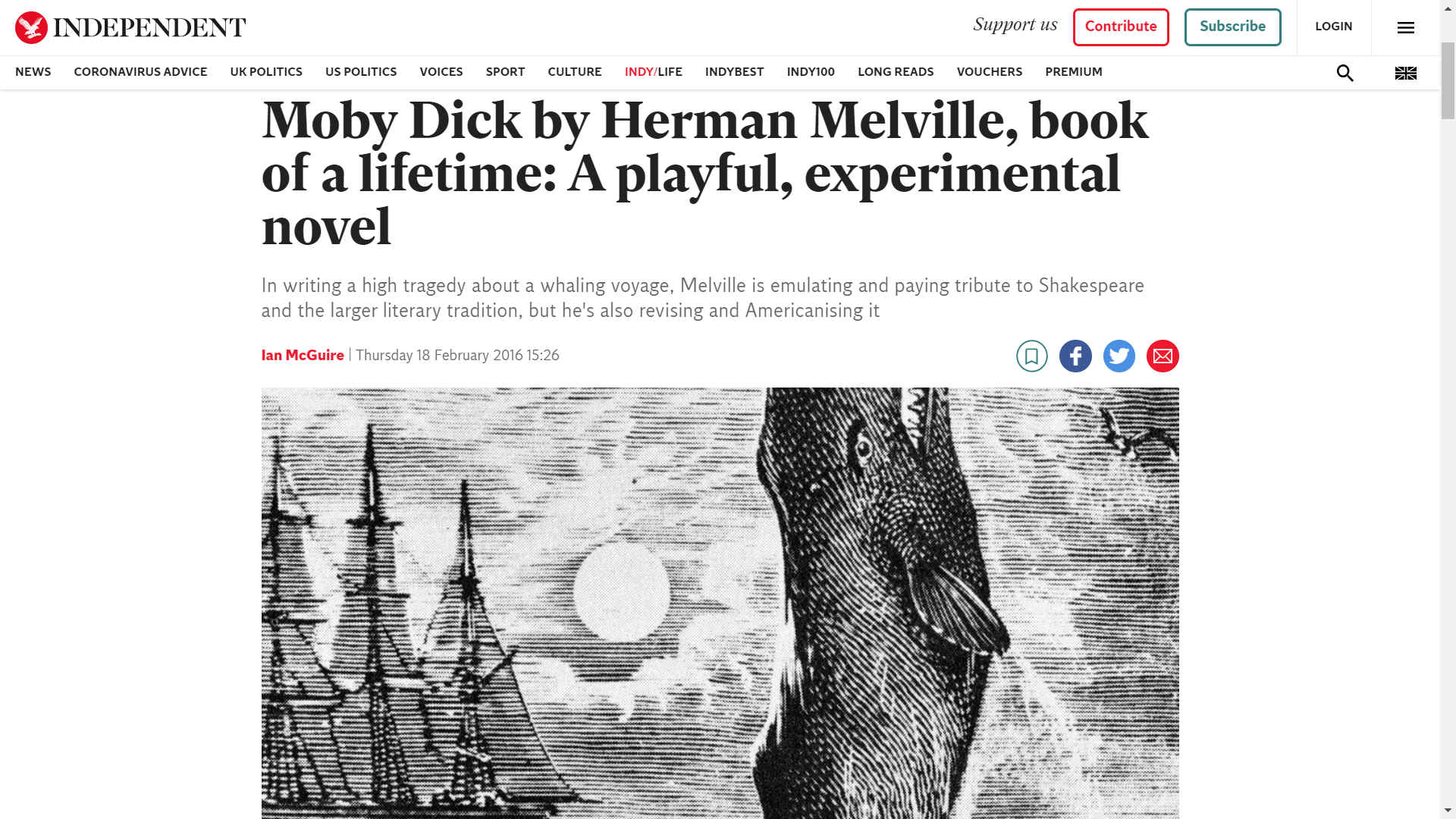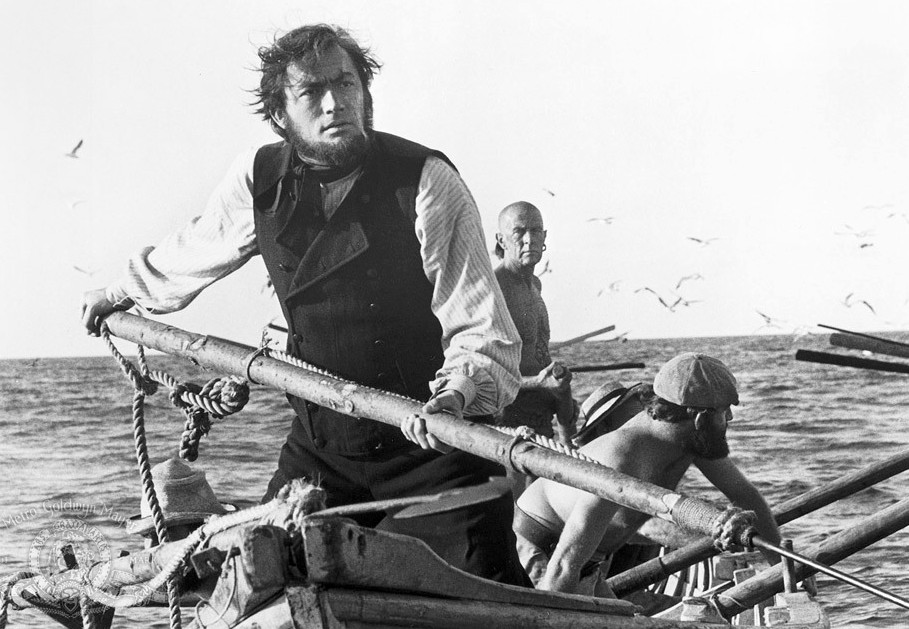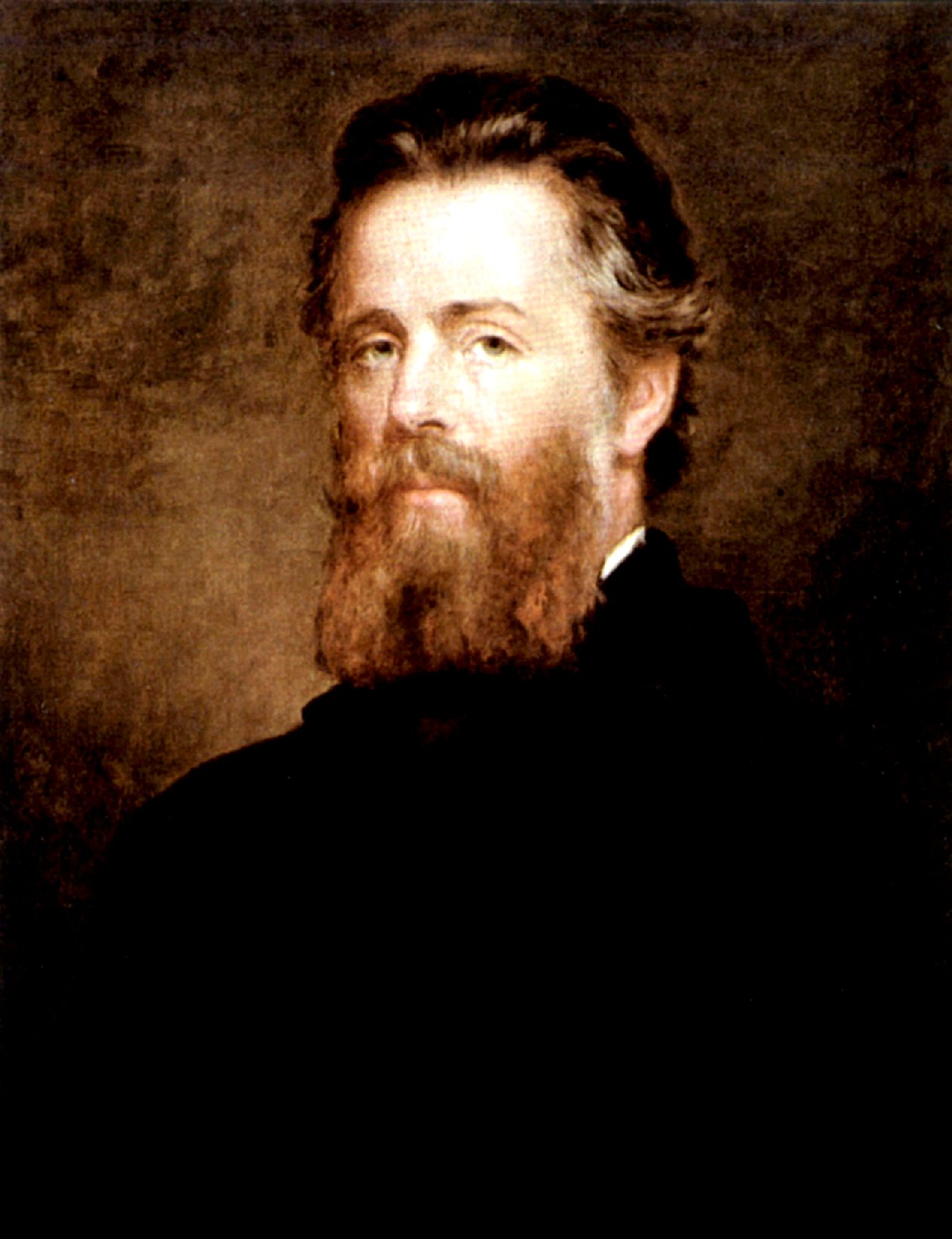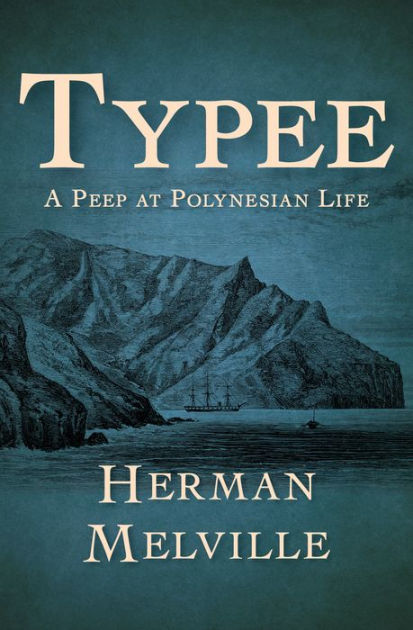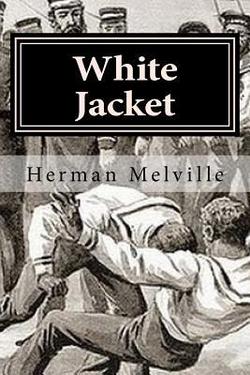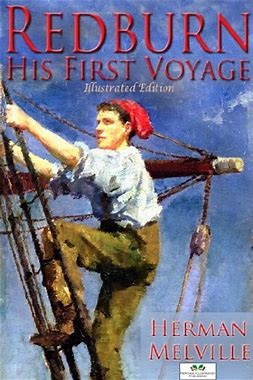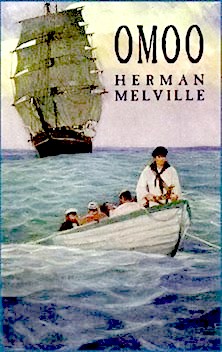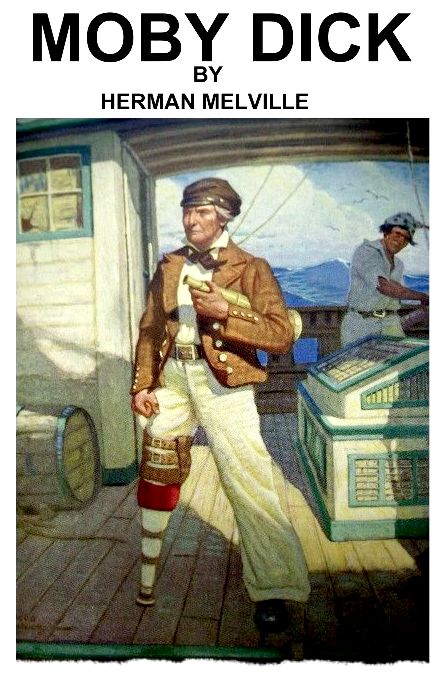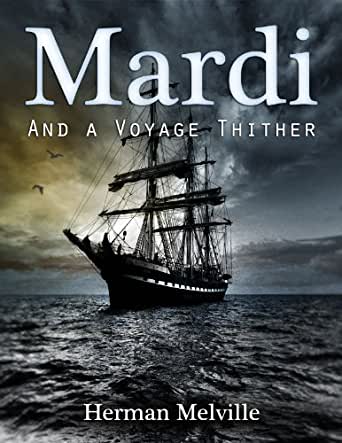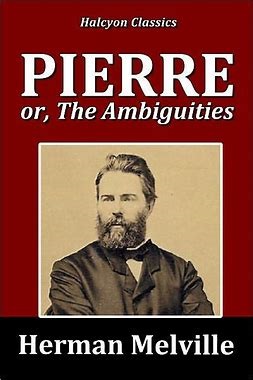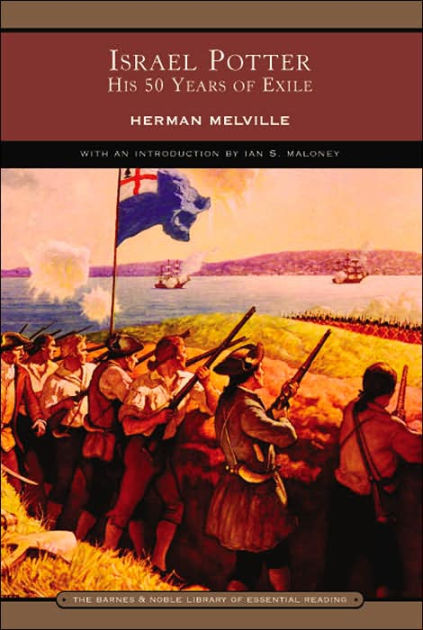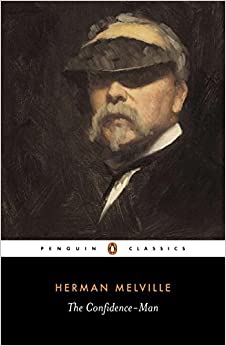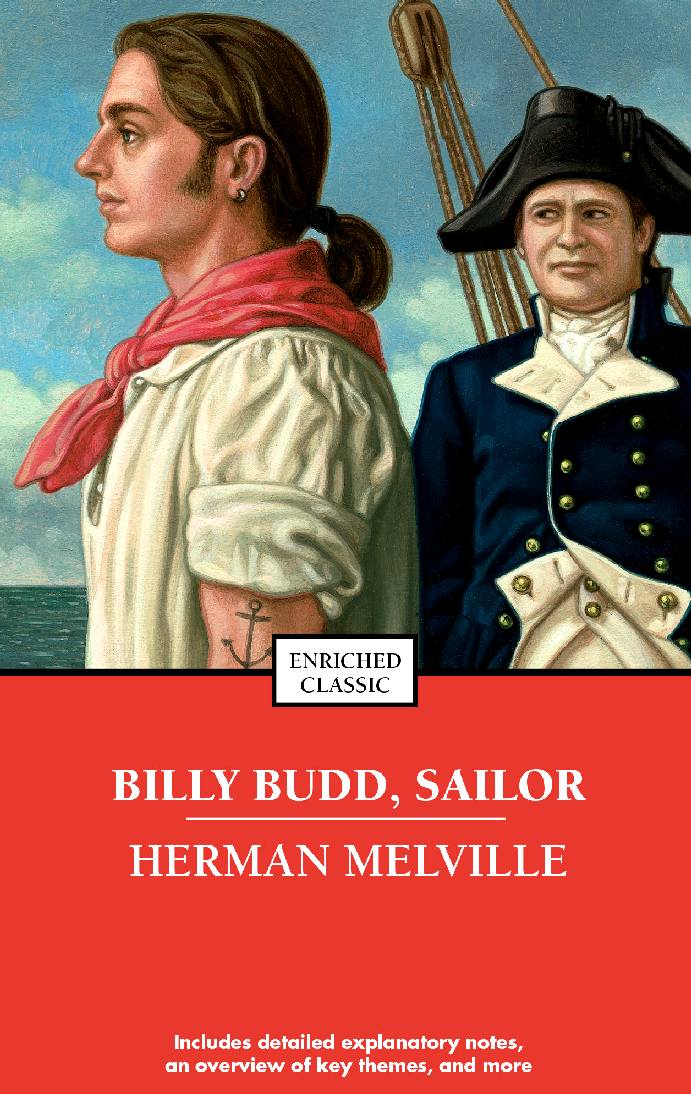|
THE INDEPENDENT
Please use our A-Z INDEX to navigate this site
|
This article gives a very brief insight into 'The North Water' in the context of Moby Dick. The critics at the time of release in 1851 had not realised the importance of Moby Dick, or the genius of the writer in creating such a story from a mixture of real life experience and factual sinkings by sperm whales. Something that the whaling industry did what they could to suppress. The fact that Herman's death almost went unnoticed in New York, is something of a shocker. Fortunately, Melville lives on as the inspiration for reviews and adaptations that have cast his name is stone.
THE INDEPENDENT BOOK REVIEWS: THE NORTH WATER
18 FEBRUARY 2016
Gregory Peck gave an outstanding performance as Captain Ahab, in the 1956 movie: Moby Dick. He'll take a lot of beating. If they were to combine the special effects of In the Heart of the Sea, with someone as powerful as Gregory Peck to play a new Captain Ahab, we'd be in for a treat. There had been a lot of in between movies of Titanic and King Kong, before they finally made the fantastic CGI versions that have us almost believing the Leonardo and Kate were on the fated ship, or that Naomi Watts had a thing for the big ape.
In
Chapter
26, Melville invokes the muse-like Spirit of Equality to justify his decision to ascribe high qualities and tragic grace to the "meanest mariners and renegades and castaways". In writing a high tragedy about a
whaling voyage Melville is emulating and paying tribute to
Shakespeare and the larger literary tradition, but he's also revising and Americanising it at the same time. (In
Shakespeare, of course, the workers are mainly there for comic relief).
That is what I've done, or tried to do, in my new novel The North Water. Revising Moby Dick may seem like the height of authorial hubris, but then hubris is what Moby Dick is all about – the hubris of
Ahab, and also the hubris of Melville. To alter and
re-imagine it is, in that sense, only to follow its remarkable lead. By Ian McGuire
Herman Melville was the author of a novel abut what we'd now consider an illegal activity; the commercial hunting of whales for oil and meat. In capturing the whaling industry at its peak, showcasing the rebellious white whale, in our view he was lobbying for the whales, the innocent victims in his story. Following his death in New York City in 1891, some thirty years later, he posthumously came to be regarded as one of the great American writers.
INDEPENDENT CONTACTS
Independent Digital News & Media Limited
HERMAN'S SHORT STORIES
Bartleby, the Scrivener
Herman Melville was born in New York City on the 1st of August 1819. He died on the 28th of September 1891. He was an American novelist, short story writer and poet of the American Renaissance period. Among his best-known works are Moby-Dick (1851), Typee (1846), a romanticized account of his experiences in Polynesia, and Billy Budd, Sailor, a posthumously published novella. The centennial of his birth in 1919 was the starting point of a Melville revival, when Moby-Dick began to be considered one of the great American novels.
Herman Melville's Moby Dick, is the story of a great white sperm whale that fought back at whalers who tried to harpoon him. The idea came to Herman Melville after he spent time on a commercial whaler, where stories abounded of the sinking of the Essex in 1821 and Mocha Dick, a giant sperm whale that sank around 20 ships, before being harpooned in 1838.
LINKS & REFERENCE
https://www.independent.co.uk/author/ian-mcguire
Please use our A-Z INDEX to navigate this site
|
|
This website is Copyright © 2020 Cleaner Ocean Foundation Ltd and Jameson Hunter Ltd
|
